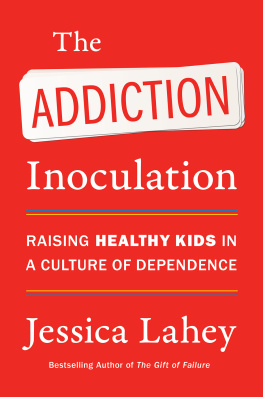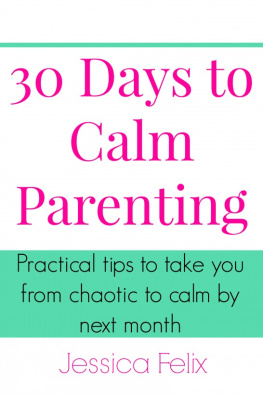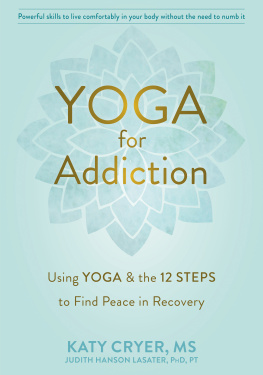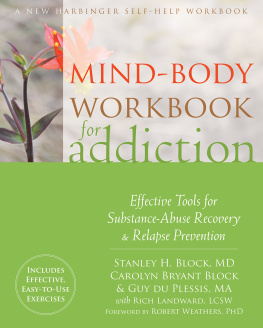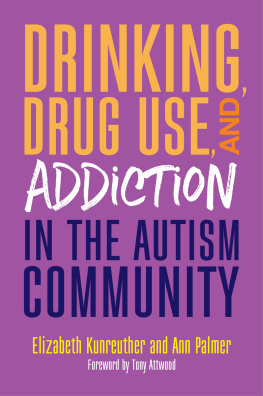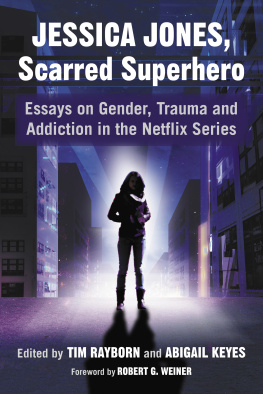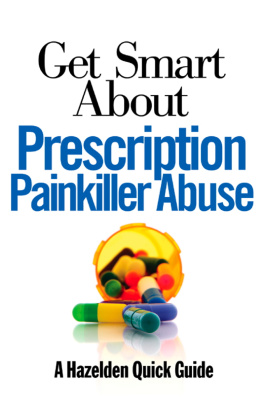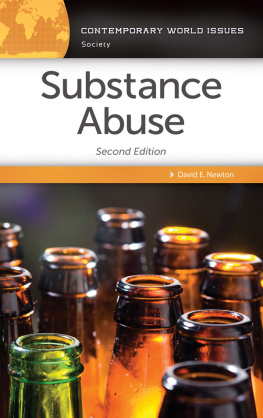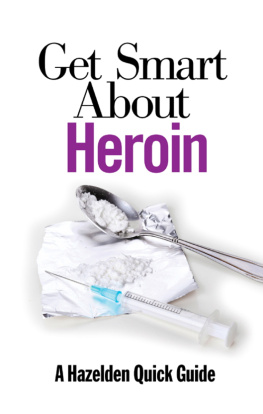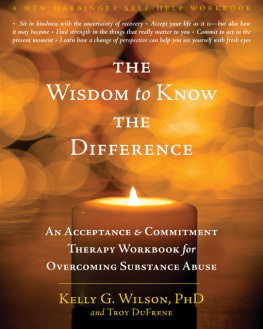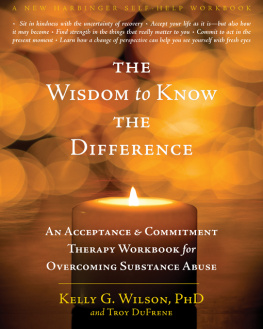Contents
For my children and my students
Chapter 1
Hi, My Name Is Jess, and Im an Alcoholic
Hi, my name is Jess, and Im an alcoholic.
It has taken me such a long time to arrive at this sentence, to be able to put the word alcoholic in such close proximity to the word I and to face the reality that no matter how diligent I am, I cant control my drinking and must live a completely sober life. Eight years on in my recovery, Im grateful to be here, beyond the shame, guilt, secrets, and lies. Now that my own relationship with addictive substances is well in hand, its time for me to figure out how to prevent my children from having to travel the same path.
I come by my addictions honestly, as the branches of my family tree hang heavy with substance use disorder. Some of my relatives favored moonshine, others wine and pills, but the one constant was secrecy. No one ever talked about it. They stocked up on bulk packages of peppermint gum and hid their emergency nips in the rafters of the basement workroom while pretending everything was fine and dandy. If questioned, we were all great, thanks for asking, nothing to see here.
But there was plenty to see, even if we were not allowed to call it by its name. My familys native tongue was one of euphemisms, and Ive never been a fan of the dialect. I was raised to understand that the proper term for passing out was taking a nap, and voicing concerns about a relatives drinking or pill use was a punishable offense. In the midst of all this obfuscation and chaos, the only thing I hated more than alcohol was the lying. By the time I hit adolescence, Id begun to understand the scope of my extended familys problem with addictive substances, and I was scared to death. Drugs and alcohol threatened my identity as a perfectionist, an overachiever, the goody-two-shoes eldest daughter, so I bolted to the abstinent end of the substance use spectrum and held on for dear life. I was sure of one thing in the way only teenagers can be certain: I would never grow up to be like them.
Except, I did.
Single-minded determination to thwart my genetic legacy did not come with operating instructions, so I made the rules up as I went along. Its no wonder I ended up at the bottom of a wine bottle in my forties. Even so, I was one of the lucky ones. I emerged relatively unscathed from my years of substance abuse. As a not yet or high bottom alcoholic, I did not have to lose my family, friends, or career in order to find my way out, and for that, I am immensely grateful. I married a man who shares my genetic predisposition for addiction, though he escaped that fate himself. We have two boys, and while we cant do anything to mend their genetics, we can promise them this: the language of shame, secrecy, and euphemism will have no place in our home.
I was a middle and high school teacher for twenty years, and spent the last five years of it teaching some of New Englands most addicted children in an inpatient drug and alcohol rehabilitation center in Vermont. I was their writing teacher, charged with helping them find the words to pin their deepest, darkest monsters down on the page, to expose those ugly and manipulative beasts to the light and identify their parts. When the work was hard, I wrote alongside them, and together we learned how to describe the events that led all of us to that small rehab classroom, from our first use to our last hurrah and everything in between.
No one wants to grow up to be a drug addict or an alcoholic; thats simply where some of us end up, so desperate to escape the discomfort of being who we are that we pick up that first smoke or drink. I first drank because I was anxious to impress a girl I admired, but I wish Id known then that she first drank because she disliked herself so much that she wanted to disappear.
My friend Celeste (not her real name) and I were alone in her house one weekend night when she came up with a plan. Wed take one sip out of every bottle in her parents liquor closet. It would be enough to get drunk, but not enough to get caught. I went along with her plan but most of my sips were pretend. Hers, however, were in earnest, and the night went about as well as one might imagine. She got drunk, I got tipsy. She threw up; I held her hair back, cleaned her up, and put her to bed.
Celeste and I went our separate ways after middle school, but in an internet-fueled fit of nostalgia, I searched for her. Id expected to find her Facebook page, images of her face on some law firm website, or a mention of her marriage in a local paper. What I found instead was her obituary.
It offered no information on her cause of death, only that shed died at thirty-five, leaving her parents, siblings, and an ex-husband, and in lieu of flowers they asked for donations to the American Liver Foundation. Facebook led me to her sister, Anne (also a pseudonym), who told me that Celeste died of liver failure after a multi-year, Leaving Las Vegasstyle drinking binge. After a couple of failed suicide attempts, Anne said, Celeste chose alcohol as her surest path to death and drank as much as she could in order to get there as quickly as possible.
The impulsive, funny girl Id so wanted to impress in middle school grew into an explosive, erratic young adult whose pattern of broken relationships and uncontrolled mood swings culminated in a diagnosis of borderline personality disorder (BPD) at eighteen. Unfortunately, by then it was too late to save her. Her sister, who still does not fully understand Celestes disease or suicide, did her best to explain it to me.
If you look up the behaviors [or BPD] online, she was a classic case. Taken one at a time the signs made her look like a typical teen but when added all together, [her diagnosis] became clear. The problem was nobody put all the pieces together until she was over 18 and nobody could force her to do any treatment. She used alcohol to self-medicate.
Its no surprise that Celeste turned to alcohol to ease her symptoms. Both BPD and substance use disorder are characterized by emotional dysregulation and impulsivity, as well as feelings of emptiness, instability, and the inability to control moods. Many people with BPD turn to alcohol to medicate these symptoms, and because Celestes BPD went untreated even after she was officially diagnosed, alcohol provided relief, at least in the short term.
Celeste died just as my daily wine intake was ramping up. We were two alcoholics traveling two very different paths, but our reasons for drinking were the same: to self-medicate our emotional and psychological discomfort. Mine stemmed from anxiety disorder and compulsive perfectionism, Celestes from her untreated borderline personality disorder, both predictable, well-known causes of alcohol dependence and abuse.
Anxiety and substance use disorder are familiar bedfellows, especially in women. Women are twice as likely to have anxiety disorder as men, and women with anxiety disorders are more likely to use alcohol to self-medicate their symptoms. In fact, women with anxiety disorders are more likely to abuse alcohol than to drink normally, and progression from alcohol use to dependence happens faster in these women. I would have done just about anything to escape my anxiety, but all I had until I was diagnosed and treated in my twenties was alcohol. The only thing that kept me off Celestes path was my abject fear of becoming an alcoholic, but over the long term, even that could not save me.
Alcohol is such a trickster; it works so well in the short term to quiet the symptoms of both anxiety and BPD, but over the long term, it exacerbates both conditions. Alcohol compounded my anxiety and worked against the medication I took to manage it. As the consequences of my drinking began to mount up, they added to my anxiety, which made me want to drink more. Celeste found no cure at the bottom of her bottle, either. Her BPD continued to eat away at her happiness and well-being, and once her marriage failed, she no longer drank to feel better, she drank to obliterate herself.

